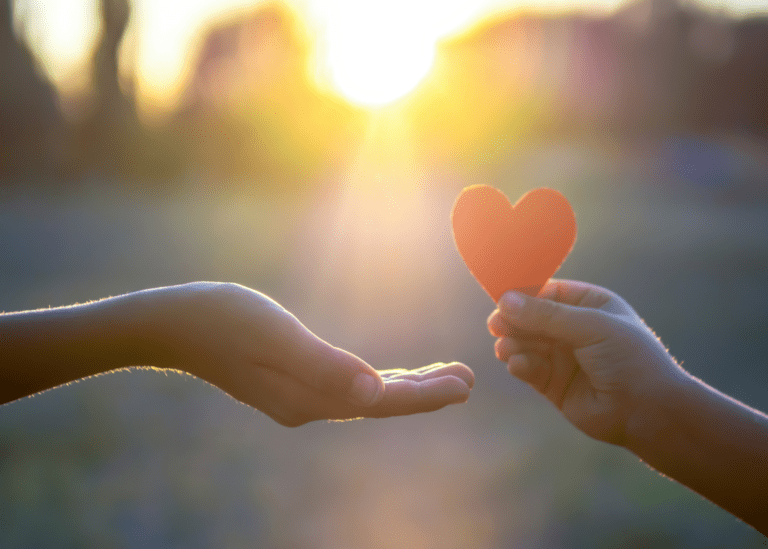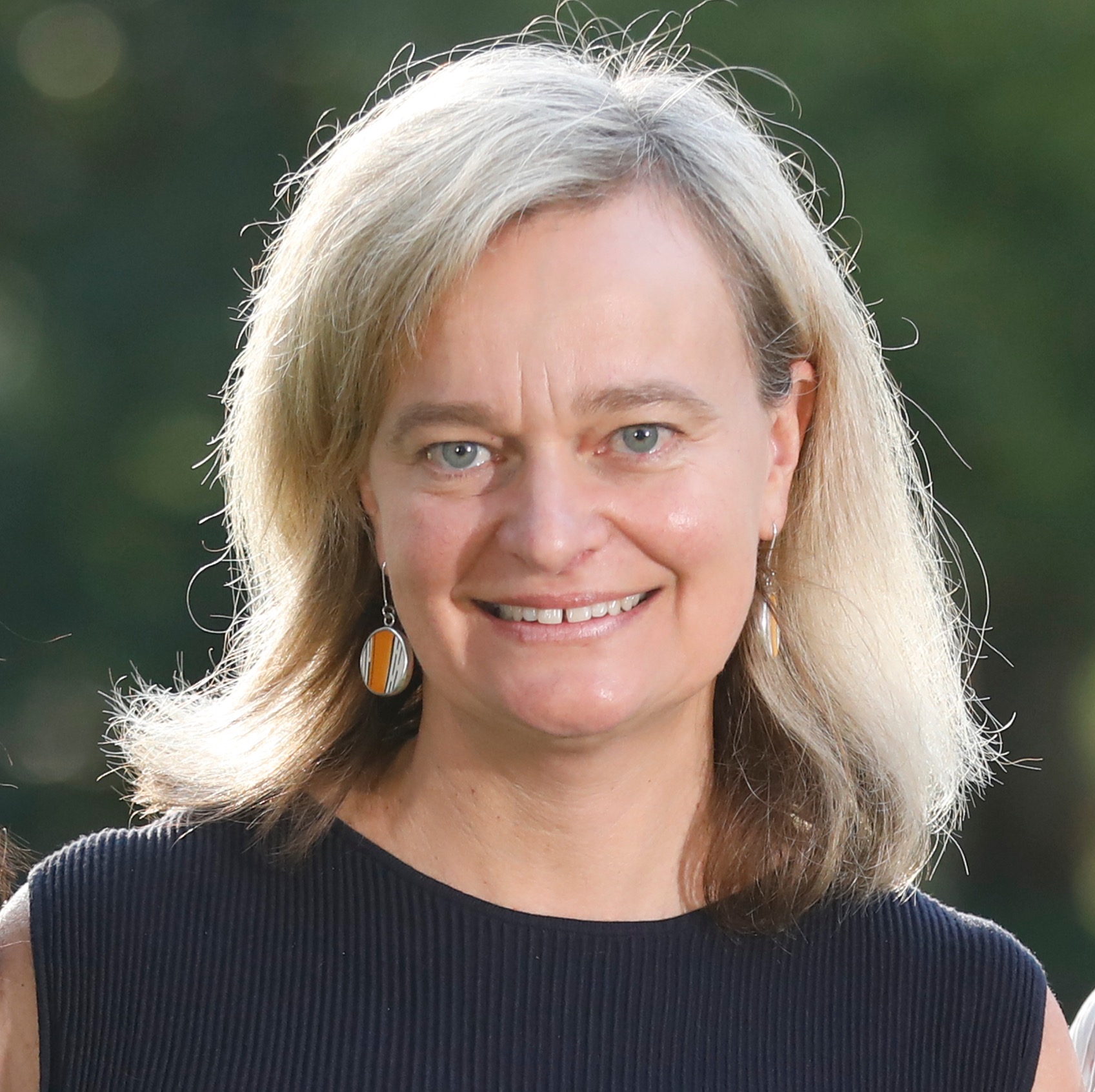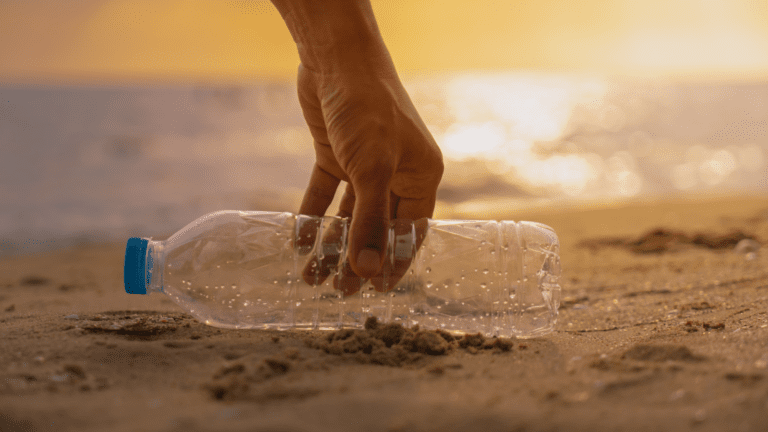‘keep 4giving’—it’s good for living

I didn’t answer when my friend called the other day. I wasn’t ready to hear her apology. I was still angry and in a strange way I was prepared to stay that way. While I was really missing the fun we shared, angry me had set in. Afterall, the pain I was feeling meant I was justified to stay angry…didn’t it? I think I felt she deserved something back, some personal toll for what she had done to hurt me.
What is that, when we feel justified in our anger and motivated in maintaining our grudge?
That is unforgiveness, and it’s not fun.
For a while, sitting in unforgiveness may give us a strange satisfaction, a rumbling and uneasy sense of self-righteousness. I have felt it in my own life, and I have watched it cloud other people’s lives.
Sadly, over time, unforgiveness can become a personal burden. It may cause a bitter and hardened heart. It can be deeply distracting, holding us back. It seems to suck the fun out of life. In a serious situation it can even lead to a path of revenge.
Unresolved unforgiveness can break a lot of good things. It can break hearts, marriages, friendships, families, neighbourly kindness and even split whole communities. It can leave people on the outer, lonely, cranky and withdrawn.
I have sat in disbelief as I watch families break up over the smallest thing. But is it small? In the end, suffering from the unexpected pain and disappointment caused by others—someone you love or loved, or just general humanity—is not that small. It hurts. And then there is pride. Pride can stand tall like a bouncer in a nightclub, objectionable and resisting.
In private and in public, unresolved unforgiveness can lead us towards a lack of good judgement; even those normally balanced people can get off kilter.
In community relations we may start to develop a scepticism about caring again, about trusting others, even about bothering to listen and collaborate. It can cloud our thoughts and suck away our best selves, leaving us distracted from our purpose.
In this way unforgiveness could be argued to be both ‘uncommunity’ and unsustainable.

If collaboration and trust are key to good governance and good decision-making—as promoted in the UN Principles for Sustainable Development—then concepts that promote listening and community building are key to our future especially where community governance is concerned.
Best practice leadership and decision-making needs good transparent collaboration and communication. This also lends itself to individual and collective empathy and humility.
In the transformational, relational things of life, unforgiveness can undo good work, both personally and professionally. Decisions without forgiveness may happen, but they will be transactional rather than engaging meaningfully, and humbly with the collaborators in collective decision-making.
The body of research that links unforgiveness with our physical and mental health is growing, especially in recent years.
Leading academics in this space, Everett L Worthington (Virginia Commonwealth University) and Robert Enright (University of Wisconsin) have led the research agenda and developed programs to help.
In The Science of Forgiveness, Worthington says,
“most people highly value forgiveness. Religions advocate it. Talk-show hosts advise it. Yet, despite all this positive attention, most people struggle to forgive.”
Worthington also notes that when defining forgiveness, “authors differ in what they emphasise. Among theologians, sometimes forgiveness and reconciliation are intertwined. Psychologists separate the two. Forgiveness happens inside people’s skin. Reconciliation happens between people (and only when both people are committed to being trustworthy)”. Whichever way you see it there is no doubt that forgiveness leads the healing and provides fresh hope.
Naturally, it is acknowledged that forgiveness is hard. The i4give Foundation provides some simple steps to start to work through. And while it might seem unfair, it is also life-giving.
Experts acknowledge that “forgiveness does place an additional burden on the person who is a victim, but holding onto grudges imposes physical, mental, relational, and perhaps spiritual costs that far outweigh the cost of forgiving” (Worthington p.10).
In Australia, forgiveness may be the key to moving forward as a multicultural nation. Commentary on Australia Day just last week raised the issue of forgiveness. Indigenous leader and forgiveness advocate, James Dargin spoke thoughtfully into the topic in a recent interview. He said on January 26th, his son greeted him with “Happy Invasion Day dad”, and he responded with “Happy Unity Day son”.
Perhaps, like me, you have stood in awe of Danny and Leila Abdallah and Bridget Sakr as they forgave the driver that killed four of their precious children on an afternoon walk to get ice cream in Oatlands, Sydney in 2020.
Again and again, their demonstration of forgiveness reminds us in a large, profound and public way, that if they can do this then we can do this. Their demonstration of forgiveness, led by their deep faith, flowed into their family, and their community.
The Abdallah’s example of living out of forgiveness brought surprise interest from across Australia and the world. I think that most of us are inspired deep down to follow their lead.
The i4give Foundation, beginning with Danny and Leila’s example, was formed to share the freedom found in forgiveness. It reminds us that forgiveness is key to living alongside and working with individuals, families, community and sporting groups, government, churches, schools, universities, and corporates. I ask you, where isn’t this relevant in life?
Today (Feb 1), i4give Day, kicks off a week of forgiveness activities to remind Australians to forgive again.
This year, 2023, the theme of i4give week is ‘keep 4giving’. The theme recognises the ongoing need to forgive in big and small ways, every day, at work, at play, and at home.
Perhaps most importantly, forgiveness is a choice that affects us all. While it is hard, evidence shows it is good for living a full life.
Sources: Worthington, E. (2020). The science of forgiveness. John Templeton Foundation.
- About the Author
- Latest Posts
Dr. Jen George has a PhD in community governance and has worked in several Australian universities including a decade teaching the Master of Environmental Planning Program at Macquarie University, Sydney. Her research interests include community engagement, networks, leadership and governance towards improved social and environmental outcomes. She works with not for profits like schools and charities on community alignment for strategic purpose including developing social and physical structures to support the mission. Jen is founding director of Comcorp, a research consultancy and serves as a Director on several not for profit Boards including the Anglican Schools Corporation. Jen holds honorary titles with several research institutions.







